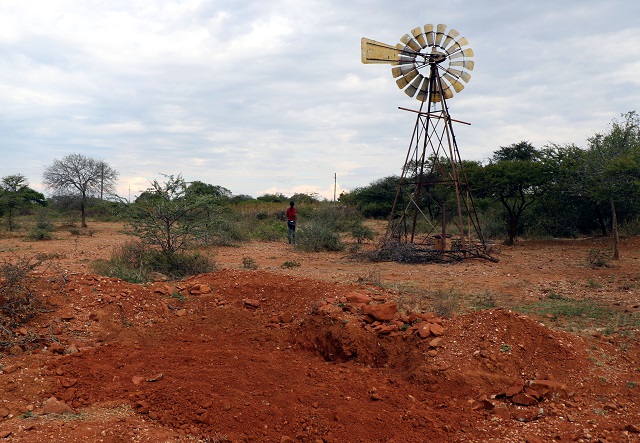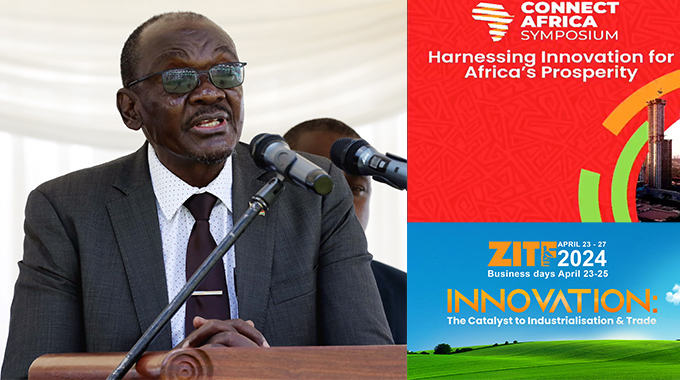Call on the RBZ to prioritise the pharmaceutical industry


Delegates follow proceedings during the inaugural joint annual congress for Primary Health Care Physicians of Zimbabwe and the Pharmaceutical Society of Zimbabwe in Bulawayo last Friday
Oliver Kazunga, Senior Business Reporter
THE pharmaceutical industry needs about $10 million foreign currency allocation per month to operate optimally but is only receiving 10 percent of the requirement from the Reserve Bank of Zimbabwe.
In an interview, Pharmaceutical Society of Zimbabwe (PSZ) president, Mr Sikhumbuzo Mpofu, said it was their hope that more forex would be allocated as the tobacco selling season progresses.
“The challenge that is there is that foreign currency is scarce and we are getting less than 10 percent of our monthly requirement.
“We need roughly about $10 million per month to adequately service the industry looking at all the accessories needed by the industry as a whole,” he said
on the sidelines of the just ended inaugural joint annual congress for Primary Health Care Physicians of Zimbabwe and the Pharmaceutical Society of Zimbabwe in Bulawayo on Friday.
The pharmaceutical industry comprises players such as the retail and wholesaling pharmacists, manufacturers as well as the regulatory and pharmaceutical training institutions in Zimbabwe.
“We are hoping that more forex will be allocated as the tobacco selling season peaks otherwise what we are crying for is to get similar attention like what the oil expressers and the fuel industry are getting,” he said.
Mr Mpofu said in the past RBZ issued a statement that it was allocating about $4 million towards the pharmaceutical industry and at that time it was individual players in the sector working with their banks to get forex from RBZ.
“In 2017, we noticed deterioration in terms of forex allocation to the industry and when we had our own pharmacists’ conference in Victoria Falls last year we invited the Reserve Bank authorities.
“What we had in mind at that time was going into the future we could tell that this situation was going to get worse so we engaged them to explain this very important medical care,” he said.
“At the moment, RBZ is just catering about 10 percent of our needs as a sector excluding the outstanding invoices because there are outstanding invoices, which go for millions and millions of dollars from last year.”
Mr Mpofu said the pharmaceutical industry’s manufacturing sub-sector alone requires an average of about $3 million per month to manufacture and it was getting less than 10 percent of the requirement.
He said a committee set up by the PSZ was liaising with the RBZ to increase forex allocation to allow the pharmaceutical industry bring in medical care products such as diabetic insulin and chemicals required in some diagnosis.
Mr Mpofu said importers in the pharmaceutical industry such as wholesalers required more than what was needed by the manufacturers who just import the ingredients to produce the medicines.
“The importers (wholesalers) require more in terms of foreign currency allocation because they are importing medicines that cannot be manufactured locally as well as filling the deficit by the manufacturers because of low capacity utilisation,” he said.
He called on the RBZ to prioritise the pharmaceutical industry and improve foreign currency allocation to the sector as has been done to the fuel industry.
Fuel and electricity are high priorities in terms of foreign currency allocations in Zimbabwe given their centrality to business operations and the Government’s industrialisation agenda.
Last week, RBZ announced that it has increased foreign currency allocations by about 50 percent to $85 million per month beginning this month.
The monetary authority hinted that this has been necessitated by challenges being experienced by motorists and industrialists in accessing fuel in the past few weeks.
Furthermore, a recent surge in international prices of oil has meant that more money was now required to buy fuel. The Central Bank has previously indicated that it also allocates about $20 million to Zesa to enable power imports from South Africa and Mozambique as the country was importing 300 megawatts to augment local generation.
@okazunga












Comments